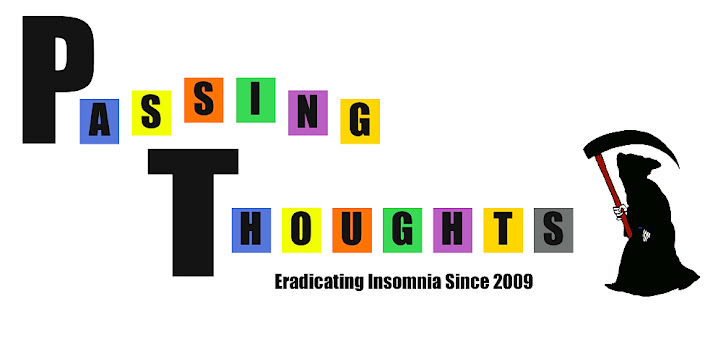
(Part One)
I am in utter awe of PETA. I really am.
I’m not a member of the group. I’m not even a vegetarian. I can’t say I advocate all of the policies and attitudes of the People for the Ethical Treatment of Animals, but I sure am dazzled by their ability to capture headlines better than any other organization on this planet.
I wholeheartedly support the controversial group’s right to generate promotional campaigns free of censorship... even if their ads sometimes seem free of common sense, as well.
Case in point: PETA recently unveiled a new billboard (above) designed to inform people that vegetarianism is a healthier dietary choice than eating meat.
Unfortunately, the actual message is less than poetic: “Save the Whales. Lose The Blubber. Go Vegetarian.”
Wow. Just wow.
So, if I am to take the ad at face value, it says that fat people are whales, full of blubber, and that they should eat vegetables in order to slim down. This strikes me as particularly odd since there is no such thing as a vegetarian whale.
Anyway, I cannot imagine how anybody could be offended by this message.
Sure, calling an overweight woman in a bikini a whale (i.e. a mammal that typically weighs between 1.8 and 3.5 tons) might be considered profoundly sexist and ostentatiously rude, but when was the last time you saw a PETA ad that wasn’t attempting to be either of those things?
Remember, this is the organization that produced a 30-second “Veggie Love” commercial for Super Bowl XLIII that was rejected by NBC. The network considered it too provocative due to scantily clad women licking, rubbing and generally frolicking with pumpkins, broccoli, asparagus and eggplant.
If you need a visual aide to accompany the previous paragraph, please visit here.
Also keep in mind, PETA is the same group that is known for its scintillating campaigns promoting vegetarianism and condemning the wearing of fur garments. Their ads often feature naked or near-naked celebrities, including Alicia Silverstone, Pamela Anderson, Christina Applegate, Eva Mendes, Kim Basinger and Famke Jannsen.

I think Alicia confused the word nudist with vegetarian.

I think every heterosexual male with working
eyes would rather she go naked, too.

Is there anything more tempting than a sea of
spicy red peppers?
I’ll give PETA credit. They are masters at stirring up public reaction. Unfortunately, it’s too often negative in tone. If they want to draw attention to obesity and healthy vegetable-based diets, I’m all for it.
After all, a large segment (no pun intended) of this planet's inhabitants are considered obese. The World Health Organization reports that there are more than one billion overweight adults globally and at least 300 million of them are obese.
The problem needs to be addressed, but calling overweight people “whales” hardly seems like a constructive or even ethical stratagem.
When you anger the public deliberately, especially by directly insulting them, how much credence will be given to your message?
The current “Save the Whales” campaign is just one more example in a long history of inflammatory ads authored by PETA. Tomorrow, I will take a look at some of the classics.





1 comment:
Yeah, I saw that ad linked on about five or six feminist websites. (While many feminists are in line with some of PeTA's goals re: treatment of animals, they generally hate how PeTA regularly objectifies and commodifies women.)
This is a pretty clear cut example of fallacious reasoning. You can eat a very unhealthy vegetarian diet and not lose weight. Think potato chips, cheese pizzas, creamy pastas, and the like. Of course, logic has never been their strong point. They recently objected to the fish tossing at Pike's Place on the grounds that it was harmful to the fish's dignity and it was terrible to kill a fish for the sake of entertainment. Nevermind that the fish are DEAD already and the tossing is a way of quickly moving them from the ice bins up to where the customer can be served. (ie. the entertainment value is derived from watching people do their work in the quickest, most efficient manner, as opposed to being designed to be entertaining from the start.)
I'm told there are other animal rights groups with more realistic and logical goals and motivations.
Post a Comment